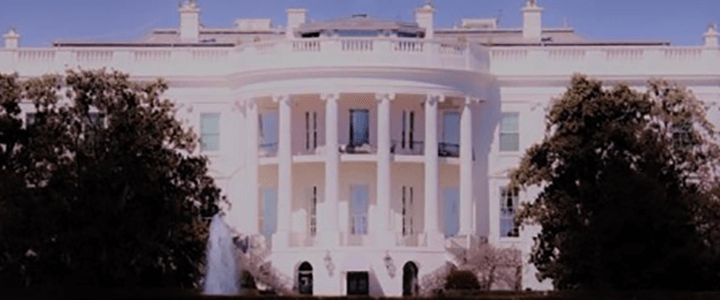“Master the transition.” According to one strategy expert, mastering the transition—that is, moving seamlessly from one phase of operations to the next—is fundamental to success of the entire operation. During transitions when roles are changing and resources are moving operations are at heightened risk for attack. And transitions are difficult most anywhere. Transitions are periods of exposure and vulnerability.
The Congressional Research Service (CRS) report Presidential Transitions, advises that the current exchange of power represents a heightened risk from a national security perspective. This year, “many observers suggest that the current security environment may portend a time of increased risk.” And the period of risk reaches from the first gestures of transition well into the new administration’s tenure.
CHANGING STRATEGIES
Transitions take time. Lots of it. Presidential Transitions imagines “the presidential transition period could be seen as comprising five phases, extending from presidential campaign activities to the new President’s establishment of a national security team and development of accompanying strategies and policies.” In mid-June 15, 2009, General Stanley McChrystal took over operations in Afghanistan. Some seventy-five days later, General McChrystal’s assessment of the situation in Afghanistan determined an “urgent need for a significant change to our strategy and the way that we think and operate.” Actually changing the strategy, truly changing the way the international force thought about operations—if ever finally accomplished—took significantly longer across many phases of development and execution. And that was just one country, one fight, and a relatively small international force.
Objectively speaking, over the course of the current presidential transition, we can expect, as McChrystal described it, “a significant change to our strategy and the way we . . . operate.” Consider the implications and immense difficulty of trying to genuinely change much broader US national strategies and positions around the globe. That sort of change takes years if done expertly. To complicate matters, of course, “the outgoing Administration has the ability to change the policies of a nation and possibly affect the international security environment, yet the following day the President and the national security leadership team may be replaced by a new set of leaders who could have different strategy and policy goals.”
AUGMENTED EFFECTS
During presidential transition or early in new administrations, attacks against our country or its interests abroad could have significantly greater payoffs. “Many national security observers speculate,” reports CRS, “that extremist groups and some foreign powers might prefer to take action just prior to or after election day.” The psychology, I think, is simple. An attack prior to inauguration demonstrates the failure of current policy that both demands and justifies McChrystal’s significant change to strategy. An attack after inauguration serves the same purpose, but additionally represents a bullying challenge to the new team. (A significant incident mid-way through an administration would be portrayed as either the enemy’s death throes, evidence of the success of a policy or strategy.)
CRS argues that “the presidential transition period offers a broadly defined time frame in which an enemy of the United States may decide to undertake an incident of national security significance in an attempt to manipulate the nation’s foreign and domestic policies.” Simply, the payoff is much greater and, therefore, worth more risk on the part of the enemy.
Consider September 11, 2001, well-inside the first 12 months of President Bush’s tenure in office. That one, really long-shot payoff of a complex attack dramatically changed the course of our foreign policy, and we’re still suffering sizable aftershocks. Indeed, in this “current security environment,” even a significant attempt to attack the United States could have a big payoff for the enemy in changing or, more likely, emboldening both domestic and foreign policy decisions of the outgoing and incoming administrations. And don’t forget. We’re no longer talking about conventional incidents, alone. These days, we’re talking conventional and unconventional, from simple hacking to massive disruption of service in the cyberworld.
Inauguration Day is Friday, January 20.




